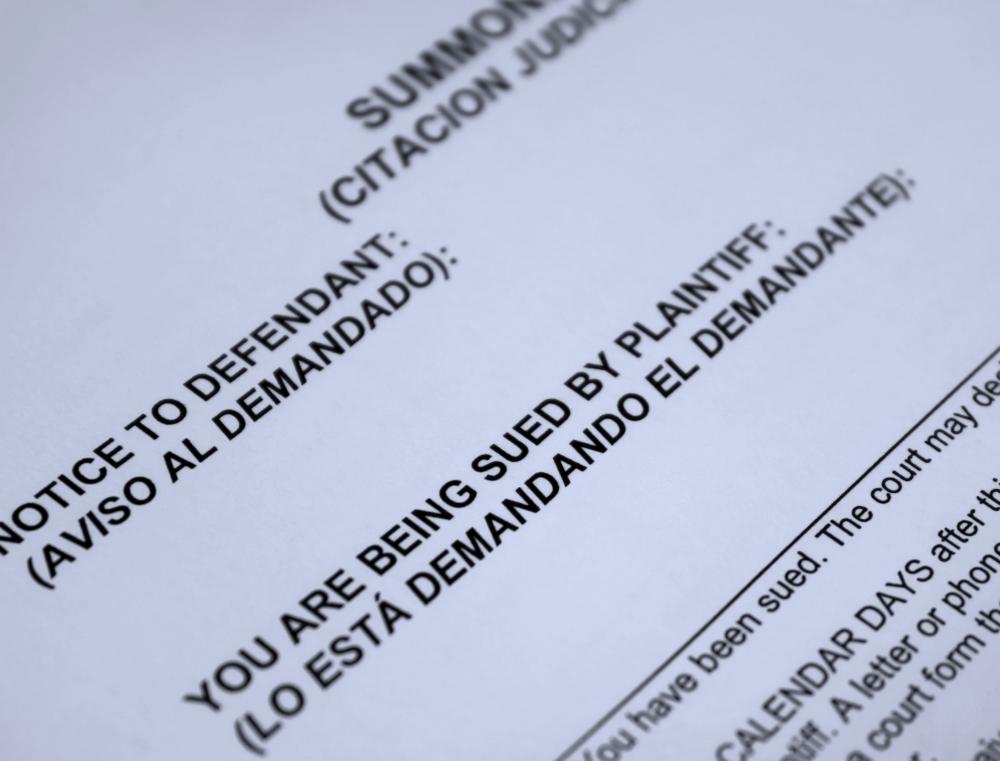At WiseGEEK, we're committed to delivering accurate, trustworthy information. Our expert-authored content is rigorously fact-checked and sourced from credible authorities. Discover how we uphold the highest standards in providing you with reliable knowledge.
What is Corporate Law?
Among the various specialties within the law profession exists the field of corporate law. Unlike criminal or trial law, corporate law is largely focused with practice outside the courtroom. In general, it deals with how laws relate to businesses, corporations, shareholders, and other entities involved in the practice of commerce.
One of the most important conceits of moderate corporate law is the idea that corporations are treated independently, in the legal system, from their constituent parts. Corporations, as they are legally defined, can be sued without that suit extending to their shareholders and partners. In the same way, shareholders are limited in any liability they may be subject to as a result of the performance of the corporation. For example, if a corporation goes bankrupt, that does not mean its shareholders must necessarily be part of it.

Corporate law, as it is recognized today, has existed for more than 500 years, and grew out of the partnerships that existed in medieval trade guilds. As European traders began to expand over the oceans, engaging in riskier and more expensive endeavors, it became apparent that pooling business interests could lessen individual risk and spread reward. With the blessings of their governments, entities such as the Dutch East India Company sprung up in the 1500s, with individual investors grouping together to embark on projects more expensive than any they could fund independently.

In England and Holland, early corporations were granted royal charters, which lent special privileges — such as exclusive trading rights — the first in a long line of close and mutually beneficial partnerships between corporations and their governments. Over the next several hundred years, legislation establishing the trading of stock and the right of limited liability, along with legal precedents regarding the status of a corporation as a separate entity from its owners, shaped corporations into the artificial persons they currently exist as, in modern law.
Corporate law has become increasingly refined in the 20th century, as governments and courts have decided that corporations may donate money to political campaigns, lobby elected officials, and even be found guilty of crimes, such as murder. Increasing globalization has meant that corporations can do business and have shareholders around the world, making corporate law an ever more complex field.
Not only do corporate lawyers engage in litigation on a company-to-company basis, but against national governments as well. With the profits of the world's largest companies exceeding the gross domestic product of entire countries, accusations of monopolistic or anti-competitive behavior, violating government regulations, and other offenses may often put a corporation at odds with its government. As a result, virtually all corporations develop or outsource entire legal departments to navigate through the complexities of modern corporate law.
AS FEATURED ON:
AS FEATURED ON:












Discussion Comments
I think the field of corporate law sounds more rewarding than other types of law practice. As a corporate law attorney, you would spend less time in court and more time practicing law that focuses on business. I think working with criminal law would cause early burn out in this profession.
Post your comments